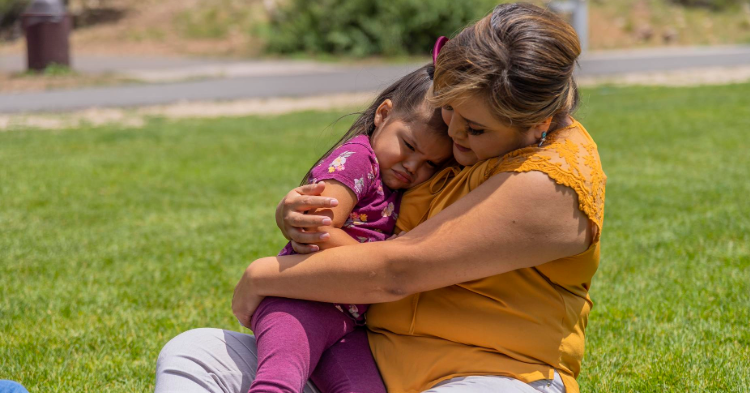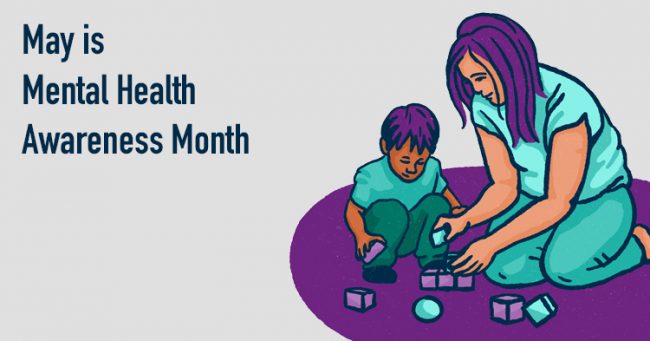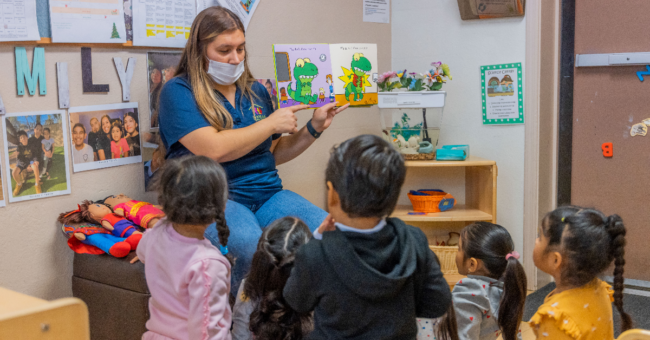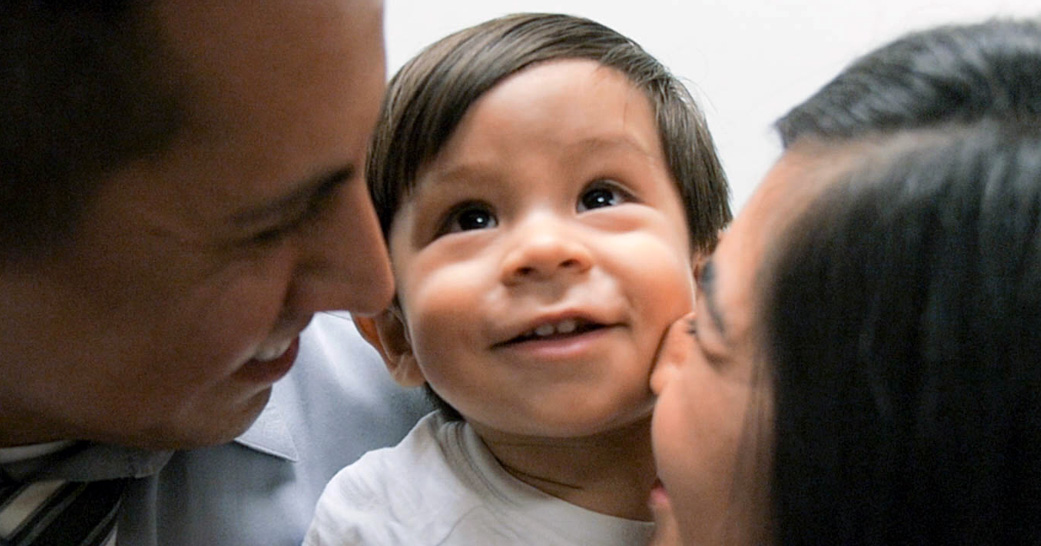
May is Mental Health Awareness Month, and it’s crucial to shine a light on the importance of mental health awareness for children. Statistics have shown a concerning rise in mental health issues among children for years, even before the COVID-19 pandemic. As parents and caregivers, what can we do to nurture and improve the mental well-being of our little ones?
You might be interested in:

5 Ways to Foster a Child’s Mental Health
According to the Harvard School of the Developing Child, building a close relationship with children is key to nurturing their mental health. Here are five ways parents and caregivers can contribute to a child’s emotional well-being:
- Create Positive Coping Skills: When children face challenging moments, helping them learn about positive coping skills can make a world of difference. Encouraging outdoor activities, deep breathing exercises or creative outlets like art can help children navigate and express their emotions.
- Identify for Behavioral Changes: Growing up means navigating a wide range of emotions. Parents and caregivers can help children understand and communicate their big feelings effectively by being attentive and supportive.
- Create Routines: Establishing daily routines provides children with a sense of stability and predictability, reducing anxiety and promoting healthy habits. Consistent bedtime and daytime routines help children thrive by offering clear expectations and structure. Learn how this West Valley mom received free support from a family resource center funded by First Things First to create structure and routine for her two sons.
- Provide Positive Feedback and Encouragement: Acknowledging and praising positive behavior reinforces children’s confidence and self-esteem. Offering support and encouragement when they handle their emotions well fosters a sense of pride and resilience.
- Seek Professional Help: It is crucial to recognize when you or your child needs professional support. Seeking help from mental health professionals when necessary shows children that it’s okay to ask for help and that support is available when needed.
Books that nurture mental health in early childhood
Talking to children about mental health is an important aspect of promoting their well-being and reducing stigma. Here are some resources to help navigate these conversations:
- “The Way I Feel” by Janan Cain: This colorful book helps children explore and understand a wide range of emotions, promoting emotional intelligence and empathy.
- “My Many Colored Days” by Dr. Seuss: Through vibrant illustrations and poetic language, this book helps children identify and express their emotions.
- “The Feelings Book” by Todd Parr: With simple and relatable illustrations, this book teaches children about various feelings and encourages open conversations about emotions.
- “The Color Monster: A Pop-Up Book of Feelings” by Anna Llenas: This interactive pop-up book helps children visually understand and articulate their emotions, making it easier to discuss them with adults.
- “Today I Feel Silly: And Other Moods That Make My Day” by Jamie Lee Curtis: Through whimsical rhymes, this book explores the different moods children may experience and validates their feelings.
By fostering strong relationships, teaching healthy coping skills and providing support and resources, we can empower our children to navigate life’s ups and downs with resilience and confidence.
First Things First funds Early Childhood Mental Health Consultation to support the social-emotional wellness and developmental milestones of young children. Mental health consultants support child care programs and family support programs so teachers and parents can increase their capacity to identify, understand and respond to the social-emotional, developmental needs and behavioral challenges of children in their care.










